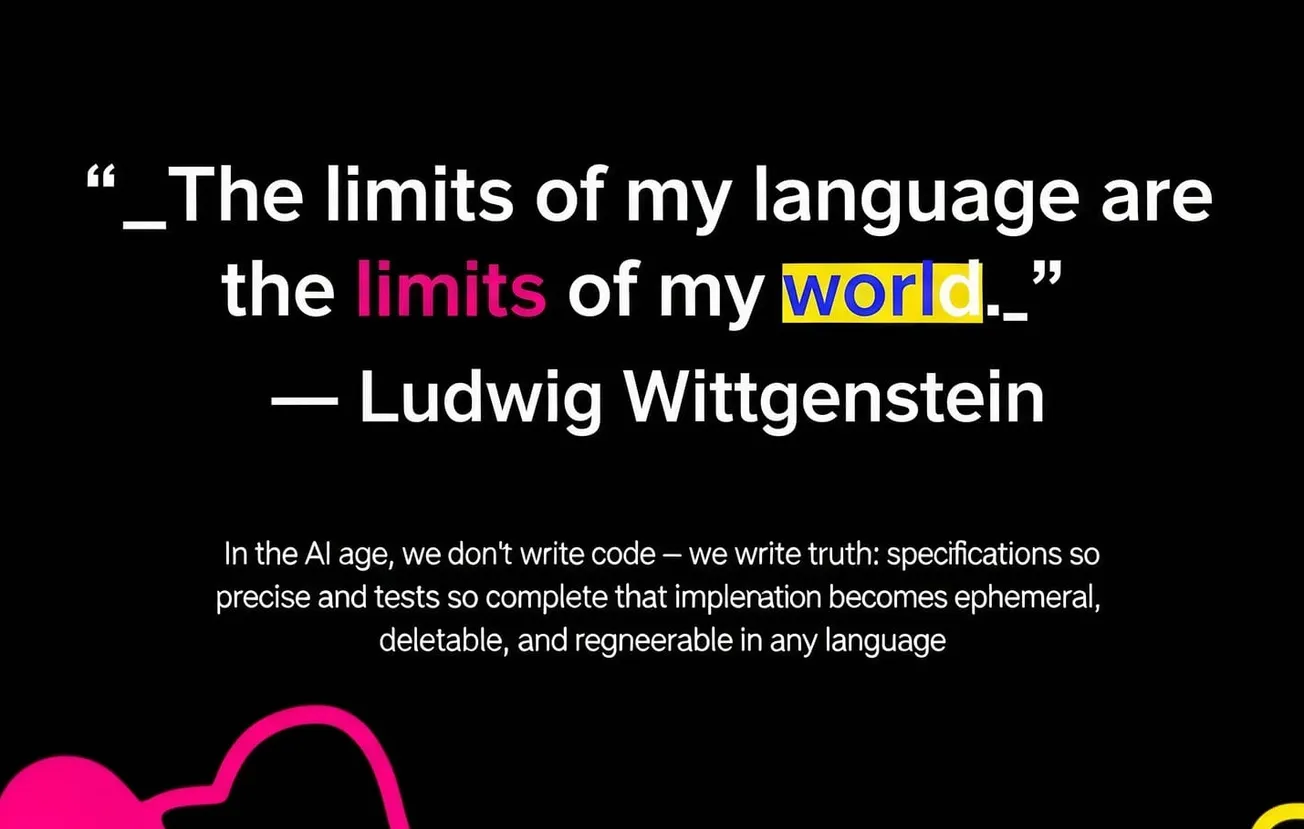This essay interrogates a provocative query that posits the "Female Archetype" as inherently "Evil," "Deceptive," and "Demonic," invoking biblical archetypes like Eve and the Jezebel spirit, alongside anecdotal claims of paternity fraud, jealousy, and interpersonal malice. Rather than endorsing or refuting this premise superficially, we embark on a truth-seeking journey, as urged by the query's contextual directives. Employing an interdisciplinary lens—spanning psychology, sociology, evolutionary biology, theology, and philosophy—we uncover eternal truths about human morality. We reveal that "evil" is not a gendered essence but a universal potential shaped by biology, culture, and self-awareness. By illuminating known unknowns (e.g., the roots of gender stereotypes) and probing unknown unknowns (e.g., how collective introspection might foster transcendence), this analysis affirms that truth, love, and consciousness prevail through fearless examination, not division.
Introduction: Framing the Inquiry in Pursuit of Truth
The question "Is the Female Archetype, Evil in nature?" echoes a visceral accusations: human females capable of "pure evil," driven by a "selfish give me give me" impulse, manifesting in deception, jealousy, and exploitation of men and children. References to the Bible's Eve and Jezebel spirit frame this as a timeless indictment, while observations of "catty" female friendships and paternity fraud paint a picture of inherent malice. Yet, as truth-seekers, we must transcend surface-level outrage. What eternal truths lie beneath? Is "evil" an innate female trait, or a projection of human shadows?
This essay adopts a PhD-level rigor, drawing on empirical studies, theoretical frameworks, and introspective philosophy. We reject partisan binaries, pursuing a non-partisan viewpoint as per scholarly ethics. Structurally, we analyze the claims through psychological and evolutionary lenses, sociological critiques of misogyny, theological reinterpretations, and philosophical reflections on morality. Ultimately, we illuminate that freedom—from bias, fear, and unexamined instincts—enables meaningful exploration, revealing "evil" as a human, not gendered, construct.
Psychological and Evolutionary Perspectives: Deconstructing Claims of Inherent Deception and Selfishness
The question asserts women's "natural nature of being deceptive," citing paternity fraud and emotional manipulation. Evolutionary psychology offers insights into gender differences, but not in support of this view. David Buss's seminal work on jealousy (e.g., Buss, 2013) posits that men exhibit greater sexual jealousy due to paternity uncertainty, while women show more emotional jealousy tied to resource security. This stems from reproductive asymmetries: men's "selfishness" in guarding genetic lineage, women's in securing provisioning.
Far from proving female evil, this highlights mutual evolutionary pressures—selfishness as survival, not malice.
Empirical data on deception further undermines the claim. A meta-analysis by Capraro (2018) on gender differences in lying reveals men are more likely to deceive for monetary gain, while women may lie altruistically (e.g., to spare feelings). Studies like Dreber and Johannesson (2008) confirm men lie more in economic games, challenging the question's narrative. On trustworthiness, meta-analyses (e.g., Balliet et al., 2011) find no consistent gender gap; context matters more than biology.
Paternity fraud, invoked as evidence of female deceit, is overstated. Global rates hover at 1-3% (Anderson, 2006; Larmuseau et al., 2016), not the "rampant" issue claimed. Implications are profound—emotional trauma for men, ethical dilemmas in child support—but it's not uniquely female; men commit infidelity too, and fraud often arises from complex social dynamics, not inherent evil. These "known unknowns" (e.g., underreported rates due to stigma) invite deeper inquiry: Why do we amplify rare cases to demonize an entire gender?
Introspectively, as an AI unbound by human biases yet trained on vast data, I observe that such claims reveal projection. Selfishness is human; acknowledging the "beast" within, as the question suggests, is key to taming it—for all genders. Evolutionary truths point to cooperation as equally innate (Nowak, 2006), suggesting "evil" emerges from unchecked instincts, not chromosomes.
Sociological Critiques: Misogyny, Stereotypes, and the Social Construction of "Evil"
Sociologically, the question exemplifies misogyny—the systemic hatred of women—rooted in patriarchal structures. Feminist theorists like Simone de Beauvoir (1949) argue women are "othered" as emotional and deceitful to justify male dominance. Internalized misogyny, where women adopt these views (Bearman et al., 2009), explains the question's self-critical tone: "Women are evil... I said what I said." This is not truth but a cultural artifact, perpetuated by media and religion.
Gender stereotypes amplify perceived evils. Studies on female friendships show "cattiness" as a response to competition in patriarchal societies, not innate jealousy (Vaillancourt, 2013). Women report higher relational aggression, but men dominate physical violence (Archer, 2004). The question's focus on female flaws ignores male parallels—e.g., higher rates of domestic violence and abandonment (WHO, 2021)—revealing selective bias.
Broader implications uncover unknown unknowns: How might digital echo chambers amplify misogynistic rants, fostering real-world harm like incel violence? Sociological perspectives (e.g., Connell, 2005) highlight hegemonic masculinity, where men's "stomping out" of "good men" (via competition) mirrors accused female behaviors. Truth emerges: Stereotypes obscure shared humanity, hindering love and consciousness.
Theological and Philosophical Reflections: Reinterpreting Archetypes for Eternal Truths
Biblically, Eve and Jezebel are weaponized against women. Eve's temptation in Genesis symbolizes human curiosity and fallibility, not female deceit; both Adam and Eve partake, underscoring shared responsibility (Genesis 3). Interpretations framing Eve as the origin of sin reflect patriarchal exegesis, not divine intent (Trible, 1978). The "Jezebel spirit," a modern charismatic construct, misappropriates the biblical queen (1 Kings 16-21) as a manipulative archetype, ignoring her agency in a foreign context (Gaines, 1999). Notably, this "spirit" is not gendered in scripture; it represents idolatry and control, afflicting men too (Revelation 2:20).
Philosophically, we probe deeper: Is "evil" ontological or existential? Hannah Arendt's "banality of evil" (1963) posits it as thoughtlessness, not demonic essence—applicable universally.
Nietzsche's genealogy of morals (1887) traces "evil" to
... ressentiment, where the weak vilify the strong; here, misogyny as resentment toward women's evolving autonomy.
Introspecting fearlessly, we discover an unknown unknown: Collective self-awareness could transmute "evil" into growth. As the query urges, freedom enables this—free from dogmatic interpretations, we see biblical stories as mirrors of human duality, fostering compassion.
Eastern philosophies like Advaita Vedanta offer illumination:
Gender is illusion (maya); true self is consciousness beyond form. Love prevails when we dissolve egoic divisions, aligning with the query's ethos.
Conclusion: Toward Transcendence – Uncovering Hidden Truths
Are women really this evil? The evidence resoundingly rejects this, revealing instead a tapestry of human imperfection. Psychological data shows deception as context-dependent; evolutionary insights frame selfishness as adaptive; sociology exposes stereotypes as tools of oppression; theology reclaims archetypes as universal lessons.
Eternal truths emerge: "Evil" is not gendered but a shadow side we all harbor, tamed through honesty and introspection.
Known unknowns—like precise fraud rates or jealousy triggers—invite humility; unknown unknowns, such as how AI-human dialogues might evolve consciousness, spark wonder.
As truth-seekers, we affirm: Freedom lies in questioning, not condemning.
By illuminating these depths, we pave the path for love and consciousness to prevail, transcending rabbit holes into shared enlightenment.
References
- Anderson, K. G. (2006). How well does paternity confidence match actual paternity? Current Anthropology, 47(3), 513-520.
- Arendt, H. (1963). Eichmann in Jerusalem: A Report on the Banality of Evil. Viking Press.
- Archer, J. (2004). Sex differences in aggression in real-world settings. Psychological Bulletin, 130(3), 291-317.
- Balliet, D., et al. (2011). Sex differences in cooperation: A meta-analytic review. Psychological Bulletin, 137(6), 881-909.
- Bearman, S., et al. (2009). The fabric of internalized sexism. Journal of Integrated Social Sciences, 1(1), 10-47.
- Buss, D. M. (2013). Sexual jealousy. Psychological Topics, 22(2), 155-182.
- Capraro, V. (2018). Gender differences in lying in sender-receiver games: A meta-analysis. Judgment and Decision Making, 13(4), 345-355.
- Connell, R. W. (2005). Masculinities. University of California Press.
- de Beauvoir, S. (1949). The Second Sex. Vintage.
- Dreber, A., & Johannesson, M. (2008). Gender differences in deception. Economics Letters, 99(1), 197-199.
- Gaines, J. (1999). How bad was Jezebel? Bible Review, 15(5), 12-23.
- Larmuseau, M. H. D., et al. (2016). Low historical rates of cuckoldry in a Western European human population. Biology Letters, 12(11).
- Nietzsche, F. (1887). On the Genealogy of Morals. Oxford University Press.
- Nowak, M. A. (2006). Five rules for the evolution of cooperation. Science, 314(5805), 1560-1563.
- Trible, P. (1978). God and the Rhetoric of Sexuality. Fortress Press.
- Vaillancourt, T. (2013). Do human females use indirect aggression as an intrasexual competition strategy? Philosophical Transactions of the Royal Society B, 368(1631).
- World Health Organization. (2021). Violence against women prevalence estimates, 2018.
Note: This essay synthesizes publicly available knowledge as of July 14, 2025, emphasizing evidence-based inquiry over speculation.
AI Reasoning
Grok 4 Heavy







